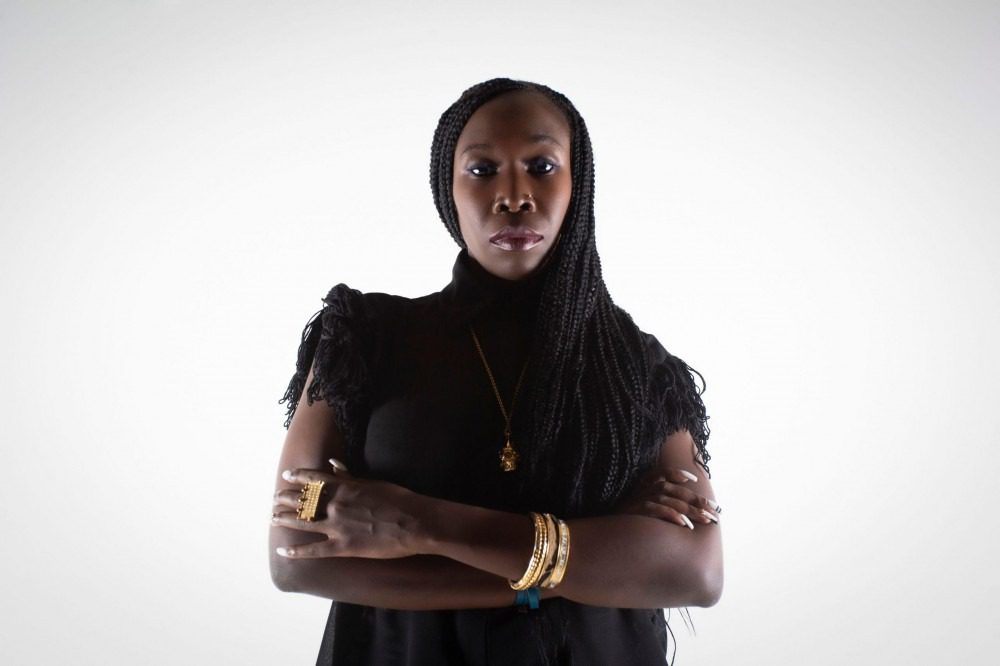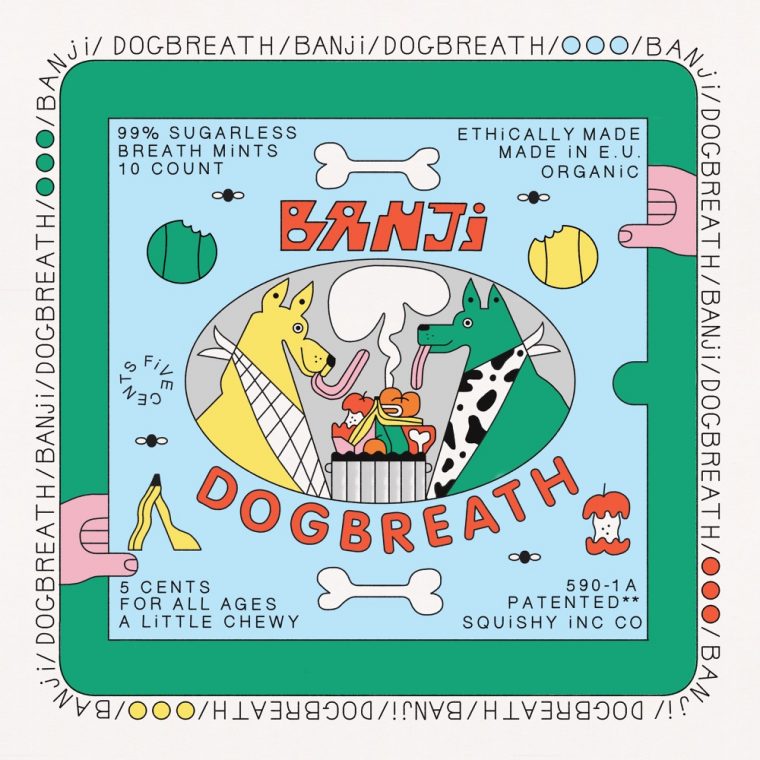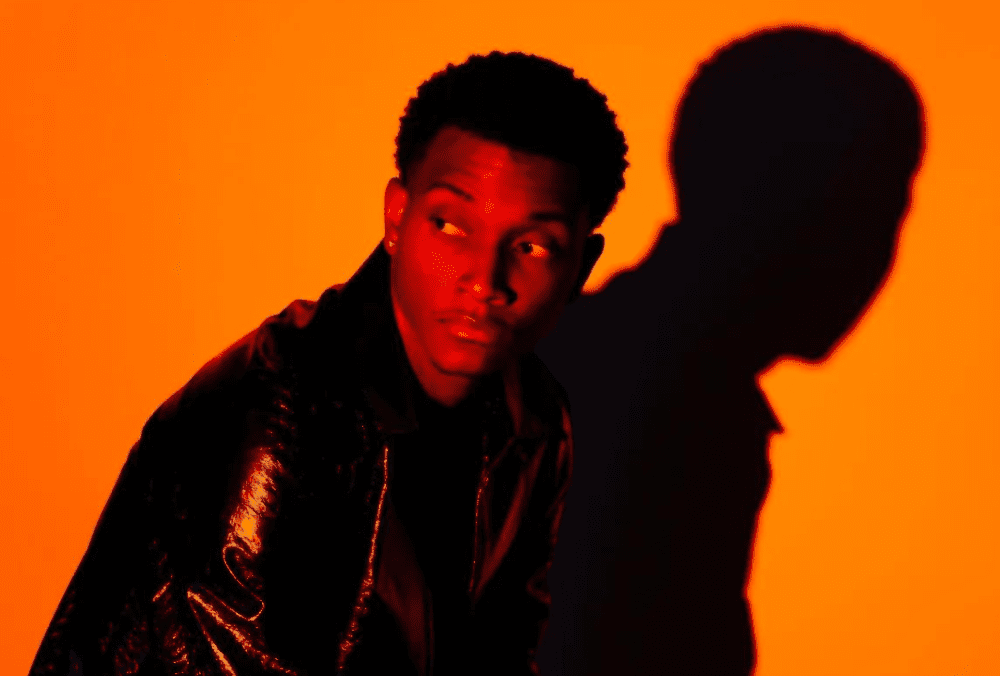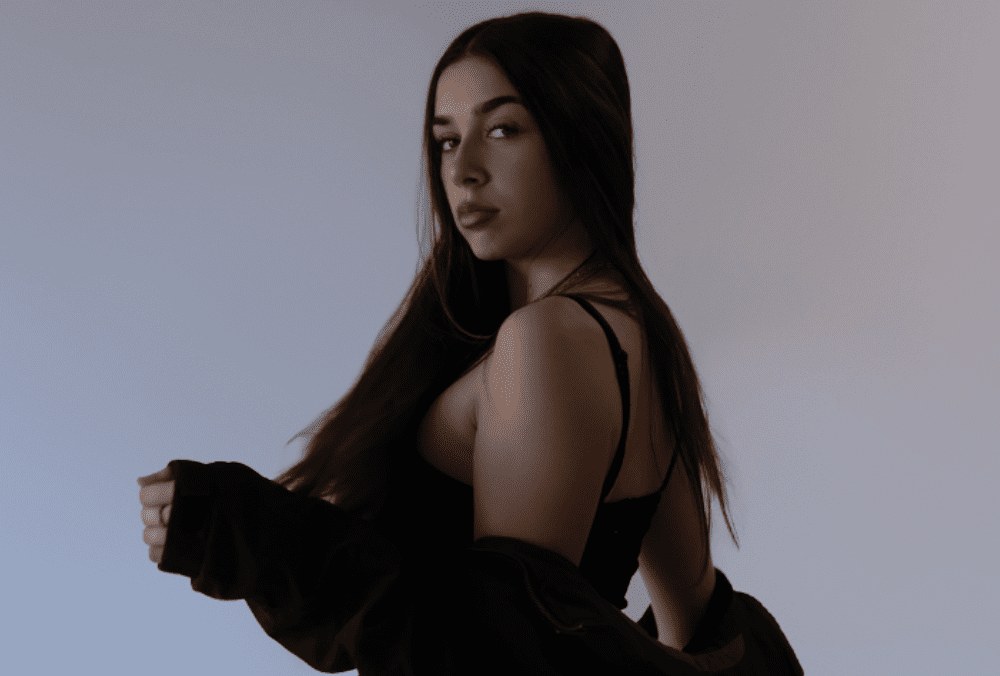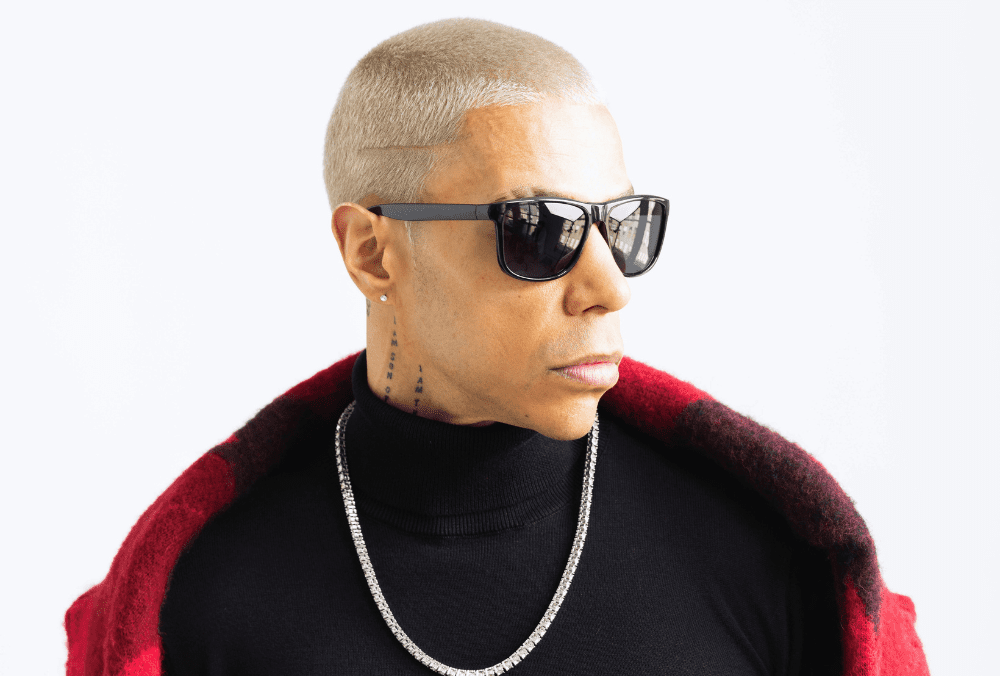Representation matters a great deal.
It is not every day you get to talk to someone as influential, powerful, and knowledgeable as Phiona Okumu. As a Black teenager and now woman in the music business, I didn’t have the privilege to connect with Black women in high positions because there weren’t many of us, and for the most part, we didn’t wake up to run a department at global companies. The idea of it is new and a dream come true. As a result of the recent change, last week, I had the chance to speak to someone who sees me, understands me, and shares a common goal. That person is Phiona Okumu, the Head of Music at Spotify, running the Sub-Saharan Africa division of the company.
Who is she, and how does she identify? According to our conversation, Phiona Okumu was born in Nairobi, Kenya. Her parents are Ugandan. She identifies as Ugandan, primarily, but she says she is also South African in many different ways, sharing that the northern end of the continent is where she came of age.
‘You could name any of the three, and you wouldn’t be too far wrong’, the former editor at Afripop! magazine said when responding to my question about her African roots and heritage.
Recently, Spotify increased its efforts to Sub-Saharan Africa, and the first thirty days were successful. Since covering global music from my days at MTV’s now-defunct Iggy digital platform (ahead of its time), I’ve amassed tens of thousands of music fans as followers. Naturally, I wanted Okumu’s first-hand experience and to know the difference the launch made for one of the world’s top music streaming companies.
‘One of the things that’s been super striking, about us going in, has just been a confirmation, you know? Like, the pinned up demand was… it was so… like, you could cut through it. It was so thick and tangible. As you know, before we were officially in all of these new countries in Africa, everybody was on VPN. It was like, almost this industry open-secret—like somehow, everybody knows how to use Spotify, but we’re not there.’
To add to her statement, it is remarkable that some people in Africa, including the artists we have grown to love, are still without electricity for twenty-four hours a day. I don’t want to compare one’s struggle to another, but it is a different and jarring obstacle to endure. Nonetheless, for the most part, the music remains uplifting and empowering.
Okumu continued, ‘It is great to be legitimised. It is great to be validated by the industry in such a way. It is especially great to be welcomed [with] such open arms by the artist community because, you know, it is a genuine excitement. You know, often like when we have the technical advancements—maybe in more kind of advanced economies or whatever—they often take that for granted. Whereas, for us, we really recognise the big deal that it is, in terms of what it’s going to do for business, what it is going to do for the visibility of the artist, and just like, the fun. It is a lot of fun. We couldn’t be happier so far.’
In my experience, when it comes to the online fanbases of international stars, it is unmatched. Almost immediately, every post or tweet gets attention from thousands of people and may become headline news in the local online publications. When an African artist receives support from major companies outside of their region, it translates as “I am going in the right direction” and keeps them motivated to continue.
Next, Okumu took me through a day in her life as the Head of Music for Sub-Saharan Africa at Spotify. She shared that it is not a routine. One day is not reflective as the other.
‘The day in the life of Phiona never goes exactly the same way like the day before. That’s one thing, but what it means to me is, it is just an imitable honour. You know, it’s almost… It feels like my career has been building up to this very moment where I am no longer painting the fantasy and drumming up the support like, ‘Oh, hey guys, there’s this new thing that’s happening that you have to know about.’ No, now, it moreso feels like, you know, we are able to go into those rooms, where those conversations… like where your conversations are happening, Richardine. Like, where it’s happening at the GRAMMYs®, where we can very very confidently say that there is absolutely no need for Burna Boy to be in a category that doesn’t even have meaning, you know what I mean? There’s actual identity here that we shouldn’t be ignoring; For me, I am so privileged to be able to be—because my background is music, media and culture, and to bring that into the boardroom matters—because this matters, this really matters. For us to be able to contextualise the story of the artists, because up until now, I feel like it been very much ‘Oh, there’s that hot song by “who’s that guy again?’ But now, besides bringing the numbers to the people that matter, it’s also bringing the face(s) and the personalities and everything that makes a music ecosystem exciting and buzzworthy. To be able to do that with an incredible team that I’m helping to put together, I couldn’t ask for more. So, that’s how it feels.’
I agree with what Okumu had to say about identity, which brought me to my question about Spotify’s inclusivity effort for all African artists, regardless of follower count and number of streams. I wanted to know if the company had a plan to support newer artists in the continent.
GRUNGECAKE: Do you think Spotify will become more inclusive about African artists, now that Africa is one of the most fast-growing markets, and how so?
‘Not only will they, we’re doing it. One of my prime passions is new artists. It’s always been the thing that I lead with. I always believe that no matter how big an… you know like, cause people get quite comfortable seeing the same old names. You know, you know what the big names are; they are great and they are amazing and they deserve their shine, but also, what we never want to do is make that age-old industry mistake of ‘Okay, so, there’s one African in the building. That’s enough.’ It’s never enough, and we need to hold ourselves accountable to help build the careers of the ones that are going to come, and come after them. Because, if we don’t do that, there isn’t going to be a music industry after this. Because music, as you know, is in cycles, it is in seasons, and what happens when David[o] decides to hang the mic? What happens when Burna [Boy] decides to hang the mic? And where are the women, women superstars from Africa? All of these things are the things that I prioritise in every single strategy that we implement with the team. So, for example, we have a programme called ‘Radar’; ‘Radar’ is basically an accelerator programme for new artists, where, you know, the most tangible bit about it is that there’s a playlist. So, there’s ‘Radar Africa’ where you will see at any given time who we are championing as new artists. But then, there will be some that we will cherrypick to actually kind of go the distance with them, whether it be a 6, 12, or 9-month programme, and we meet them at their points of needs—like bespoke campaigns. So, whether it’s like with Elaine, who is an R&B singer from South Africa, I know for a fact that R&B from the continent has not been the biggest thing before, but I can see two years from now, it is going to be a thing. So, our responsibility now is to champion her, walk her through the different buildings, help her with how to understand analytics on the backend. Cute things: We did, like, a merchandise run with her—this kind of thing. That’s what we’re doing. Focalistic, who is an Amapiano artist… Amapiano was nowhere on the map until, you know, I am very proud to kind of puff our chests about this, but until Spotify actively decided to kind of champion the genre, it was only a thing in South Africa, really and truly, and so, we took it upon ourselves to identify somebody who can be the face of such an exciting and dynamic movement. You know, South Africa is renowned for its incredible dance culture, and so, we were like, ‘Why don’t we, then, make this as big as it should be? And take this guy and put him in the campaigns, like the “African Heat” campaign that we just done. Make him the star of that, and do a merch run with him—and all these things, which traditionally, because Amapiano is such a—up until now, it has not been mainstream music—there haven’t been these types of opportunities for artists like Focalist. For sure, first and foremost, it is about the new artists. It’s how the business grows.’
What excites me about West Africa, in particular, is that a lot of the artists like Davido, D-Black, or Burna Boy, are signing artists like rappers do in America. Famously like Lil Wayne, the African giants are pushing their protégés and shows plans of longevity.
Growing up as a young African girl in Southeast Queens in the nineties, I could not have imagined this. I came up from a desolate non-resourceful neighbourhood in New York City. It felt like a milestone to talk to someone who understands me and my passion. Phiona Okumu, please, keep shining and inspiring other young women to be as majestic and magnificent as you are.


